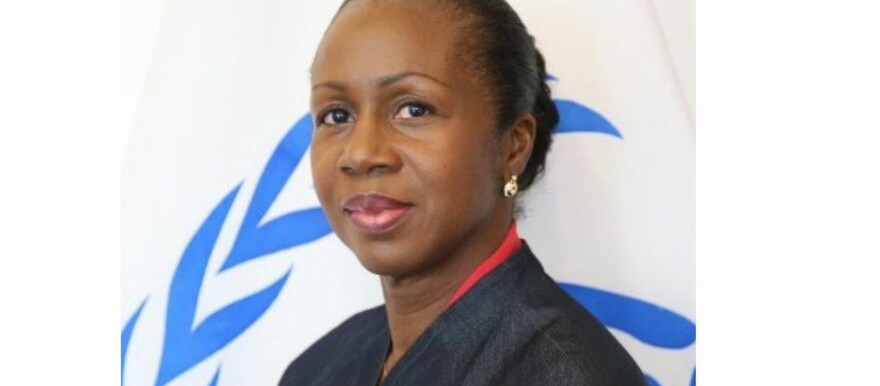Sudan’s civilians have suffered through almost seven months of intense conflict – and a humanitarian tragedy that only grows bleaker by the day, according to the UN.
Clementine Nkweta-Salami, the UN’s Resident and Humanitarian Coordinator for Sudan, made the revelation on Friday and said that as the fighting continues to rage, over half of the population, 25 million people, require assistance and protection.
“More than 6 million people have fled their homes and are displaced inside Sudan or in neighboring countries. They are not just numbers; they are individuals whose lives have been uprooted and changed forever,” Salami said. “The Statement of Commitments adopted in Jeddah earlier in the week by the parties to the conflict in Sudan marks a moment of truth for the country. We owe it to the people of Sudan to ensure that the promises made by the Sudanese Armed Forces (SAF) and Rapid Support Forces (RSF) to protect civilians and provide unimpeded humanitarian access are kept.”
According to the UN boss, these obligations include protecting civilians and civilian infrastructure.
“But as we have seen since the conflict erupted in April, very little has been spared – even hospitals have been attacked, destroyed or occupied. We have recently received disturbing reports about escalating violence and attacks against civilians – including what appears to be on an ethnic basis in Darfur,” she stated. “I will continue to call for all parties to Sudan’s conflict to abide by their obligations under International Human Rights and Humanitarian Law. This is not optional. These attacks should cease, and those responsible held accountable.”
The Resident and Humanitarian Coordinator noted that the spread of fighting to Al Jazirah State, Sudan’s breadbasket, could push even more people into hunger. She highlighted that the health sector has been decimated and more than 70 percent of health facilities in conflict areas are out of service.
This is extremely worrying, not least given ongoing disease outbreaks such as cholera, dengue, malaria, and measles. We keep saying that the situation is horrific and grim, but frankly, we are running out of words to describe the horror of what is happening in Sudan,” Salami added. “We continue to receive unrelenting and appalling reports of sexual and gender-based violence, enforced disappearance, arbitrary detentions, and grave violations of human and children’s rights. What is happening is verging on pure evil. The protection of civilians continues to be of major concern.”
“More than 4.1 million people have received life-saving assistance since the conflict erupted – including in South Kordofan’s capital Kadugli – for the first time since April, with the arrival of supplies after intense [access] negotiations,” she added.
According to Salami, funding is also a major issue and so far the UN has received just over a third of the $2.6 billion needed for this year’s humanitarian response.
“In addition to impediments and funding, maintaining the attention of the world is a daunting challenge,” she revealed. “The world is beset by crises, many that garner much more attention than the crisis in Sudan for a multitude of factors, but not because of the scale of the crisis or the depth of misery. In this regard, the Sudan crisis has few equals.”
“If we do not act now, Sudan risks becoming a protracted crisis where there is little hope and fewer dreams and we cannot let this happen,” Salami concluded.




